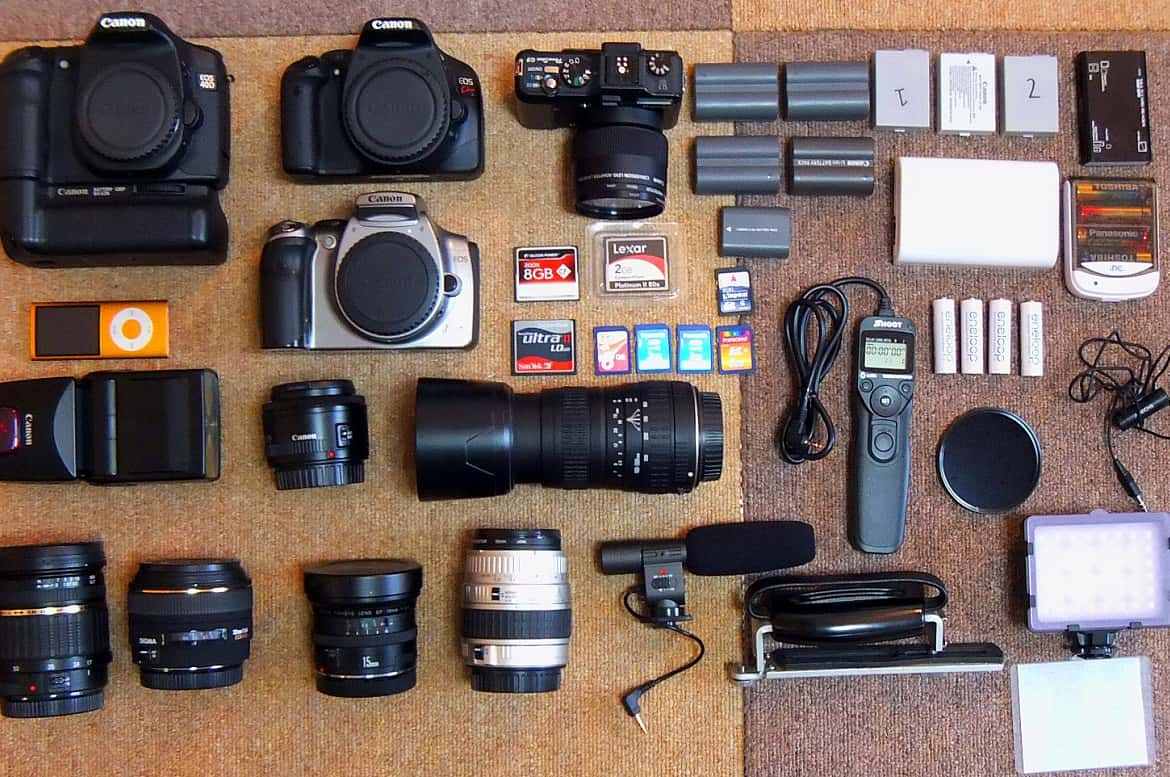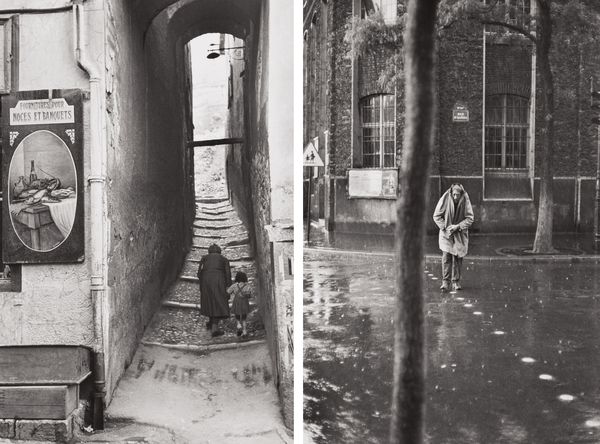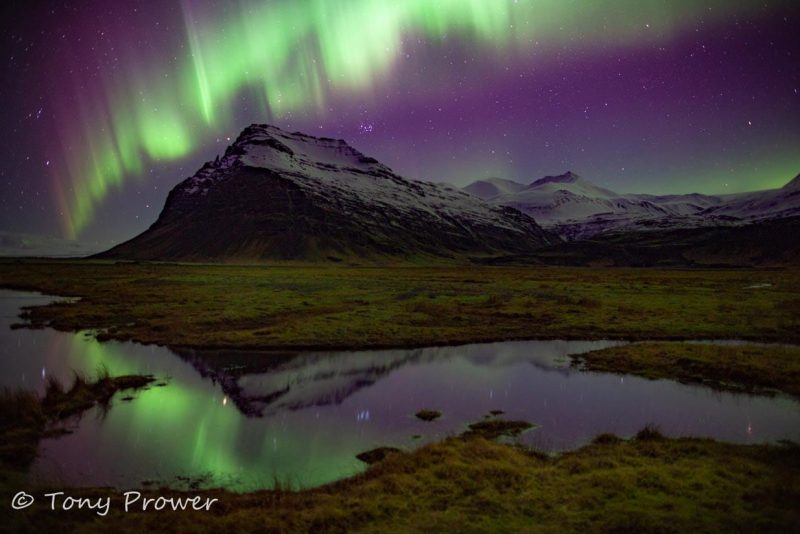
It is a good idea to set goals for your photography. It will help you stay on track and motivated. The more goals that you have, you will be able achieve more. With a photography goal spreadsheet, you can keep track your progress. These goals will also help determine how much time is needed to complete each task.
Composition
A basic understanding of composition is a prerequisite for taking great photos. You can use this knowledge to make your photos more interesting and pleasing to the eye. By using different rules, you can create unique compositions which will grab attention. The ultimate goal of composition is to communicate an artist's vision.
The rule to the thirds is one the most basic rules of composition. This is a classical rule that divides the frame into three sections. The rule suggests that the most important elements of your image should fall on one of these lines. It is not limited to any particular subject or style of photography, and can be applied horizontally, vertically or both.
Exposure
Having a basic understanding of exposure is a vital part of mastering photography. Exposure photography is about controlling the amount of light hitting your camera sensor. Adding or subtracting light can help you capture more information.
A good exposure photo will not have blown out highlights, or dark shadows. You will also see the correct distribution of detail in both the dark and bright areas. It can be done through practice and theory.

The exposure triangle consists of shutter speed and aperture. These three variables determine how much light is captured by the camera's sensor. A shorter shutter speed captures more light.
Light
Taking pictures with a camera is only half the battle. The other half of the battle is knowing how to use light. If you have the right lighting, you can create professional-looking images.
This is possible by learning about different types of light. This will teach you how to adjust the lighting to make your subject more dramatic. You could use soft light for a less imposing subject, or you could use harder light to create dramatic shadows. Learning how to use different angles and light is the best way to achieve this.
A low light setting is a great option for more advanced photographers. This is a wonderful way to make your subject seem larger but you need to know how it should be done correctly.
Histogram
A histogram shows how much detail is lost in your images. Histograms provide a useful tool for photographers when working in dark conditions. It can help photographers decide if they need to make changes to their photos.
A histogram represents the brightness of various parts of an image. It is usually a vertical graph that is divided into three main parts: the light values, the mid-tones and the highlights. Using a histogram can help photographers figure out if their photos need a little bit of tweaking, or if they need to shoot the image in a different light.
Photo contests

No matter if you are a professional or amateur photographer, competitions can provide you with invaluable exposure, new clients, and the chance to improve your craft. The key is to identify the right competitions for you and enter them.
The IPA Photography Competition is a great way to make a splash in your portfolio. There are many categories to choose from, including portraits and documentary. You can submit unlimited photos and you have discounts for certain categories.
All About Photo Awards offers cash prizes as well as the opportunity to see your work in various publications. There are many photographers that enter each year. The winners are recognized and given exposure.
Photographers make money
It doesn't matter if you are just starting out, or have been in the business for a while, it is possible to make a living as a professional photographer. You need to know your niche so that you can start shooting images in that particular genre. Once you have established your niche, you can start looking for ways to make your skills a successful career.
It's no secret that professional photographers are in high demand. Local businesses can also make you extra cash by having you shoot events. Prints are another way to sell your work. You have many options to make money as an amateur photographer, whether you shoot landscapes, portraits, and weddings.
FAQ
Which Lenses Are Best?
Most beginners will ask this question: "Which lens should I buy?" Because there are so many options, it can be difficult to choose.
The good news is that you don't necessarily need to buy a new lens every time you purchase a new camera. You can instead add lenses later.
For starters, here are three types of lenses you might want to consider.
-
Wide Angle Lens: 14mm - 24mm: These lenses provide a wide angle of vision, which allows you to capture more details of your subject. You can zoom in to improve image quality.
-
Standard/Normal Zoom Lens (28mm – 70mm): These lenses allow for you to adjust focal lengths and maintain image quality.
-
Telephoto Zoom Lens (70mm - 200mm): These lenses are great for capturing distant subjects. These lenses let you focus on the subject even if they are small.
These lenses can be combined to create different effects. For example, you could use a normal lens to shoot close-up details and switch to a telephoto lens to capture far away objects.
Where to Buy Cameras?
You can find many places online to buy cameras. B&H Photo Video is a reliable retailer. They have knowledgeable staff that can help answer any questions you may have.
B&H ships your order quickly and securely.
This video will help you learn more about buying cameras.
Light Room can be used to enhance your photographs.
You can get great photos if you start early. It's always a good idea to take as many pictures as possible and then decide which ones will be the most valuable.
Lightroom makes it easy to do this. It lets you see how different settings impact each photo. You can also adjust these settings on-the-fly without going back into Photoshop. This lets you quickly experiment with what looks great and what doesn't.
Is photography a rewarding job?
Photography is an art form that lets you capture moments in your life and share them with other people. You can make a lot of money by taking up photography if you are willing and able to work hard. There are many opportunities to make a career as a professional photographer. As a hobby, you could take pictures of your family and friends. This will help you to improve your skills as well as build your confidence. After you've mastered this stage you can move onto paid assignments. The best photographers are able to make a living out of their work. Photographers may be asked to photograph people at parties and weddings. Most professionals prefer to photograph commercial projects, such as product shots and advertisements.
Finding the type of photography that you love is key to being a successful photographer. Continue to practice, experiment and learn new techniques until your skills are perfected. Experience is the best substitute, so don’t expect success overnight.
As a beginner, you should aim to develop your technical skills first before focusing on creativity. Photography encompasses both technical and artistic aspects. Learning to use the right tools and understand the basics of composition will help you succeed faster.
You should also consider whether you want to pursue a career in photography full-time or part-time. Many people combine their passion for photography and other jobs. It is possible to work as a freelancer while you are at the local newspaper. Others may choose to devote their whole time to photography. Whatever the case, success in any creative area requires dedication and commitment.
You will need to put in a lot of effort and time if you are serious about a career as a photographer. It is important to think carefully about what you really want to do with your life.
How can I improve my photography skills on my phone?
To take amazing photos, you don't necessarily need to have expensive equipment. Amazing photos can be taken with your smartphone.
It is easy to learn how to use its various features and some basic techniques.
There are many apps to help you edit and share your photos on both Android and iOS.
If you want to start taking better photos, here are five tips to help you get started.
-
Set Up Your Camera App. The camera app should be pre-installed on the device. If not, download it from Google Play or Apple's App Store.
-
Use effects and filters. Effects and filters allow you to alter the appearance of your photos without needing to touch them.
-
Adjust the exposure. You can control the brightness by changing your exposure.
-
Make sure you are shooting in the right light. Bright light allows you to better see the details of your subject. Shooting in low light conditions lets you capture the shadows and highlights in your image.
-
Photograph People. It is a great way to share your love with others by taking pictures of them.
Check out this article to learn how to take better pictures with your smartphone: 5 Tips To Improve Photography Skills
Statistics
- The second easiest way to get blurry photos 100% of the time is to use a cheap filter on the front of your lens. (photographylife.com)
- While I cannot prove that all of those spots were not sensor dust, the photo was taken during a heavy snowstorm…so I guess that 99.8% of the spots are snowflakes. (bhphotovideo.com)
- This article received 13 testimonials, and 100% of readers who voted found it helpful, earning it our reader-approved status. (wikihow.com)
- In this case, 100% of readers who voted found the article helpful, earning it our reader-approved status. (wikihow.com)
External Links
How To
How to Take Portrait Photos
Portraits are important as they reflect who you are. They tell your story. It's possible to have a favourite picture of yourself, but you are now looking for something different. It's easy for people to forget how fun it is to take photos. These tips will help you get started.
-
Make sure you have enough light. Portraits are best taken in the morning or late at night. If you use flash, make sure there is no direct sunlight shining into your face. This will wipe out any details. Avoid shooting at noon. It will create too many shadows.
-
Use a tripod. The camera will not move if it is held still. That means you'll miss the chance to freeze action. If you plan to use flash, make sure that your shot is set up without one. Turn off the flash, then try again.
-
Shoot close-ups. Closeups are great for showing detail. However, they can look fake if you don't have good eyes. Pay close attention and observe the noses, eyes, and mouths. Do you see anything strange? Are glasses worn by someone? Are there freckles on the nose of someone wearing glasses? These elements add depth to a person’s appearance.
-
Don't force smiles. Smiles are tricky. Smiles can be tricky. Many people smile naturally when feeling happy. Forcing them to smile is a bad idea. Take a moment to think about what makes us laugh. Perhaps it's silly things like watching a cat jump through a hoops. Or maybe you love watching paint dry. It doesn't matter what it is, just keep at it until it makes you laugh.
-
Be creative. People often think of themselves as boring. However, being boring is not a bad thing. Look for ways to break from the norm. Perhaps you ask the person to place his hands behind your back, or pose with his hands behind your back. Another option is to suggest that he wear a funny headgear.
-
Keep practicing. Keep practicing. You'll eventually become more skilled at capturing moments. As you improve, you'll notice more interesting things happening around you.
-
Have fun. Enjoy taking photos. It's easier to enjoy the process and be willing to do it again. You might even end up with some pretty cool photos.
-
Show off your work. Once you are able to take high-quality pictures, share them. Tell them why the photo was taken. Show them where you went. Let them know what your experience was.
-
Be patient. Sometimes things just don't click. It happens for everyone. Don't worry. You can just move on to another picture.